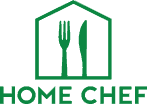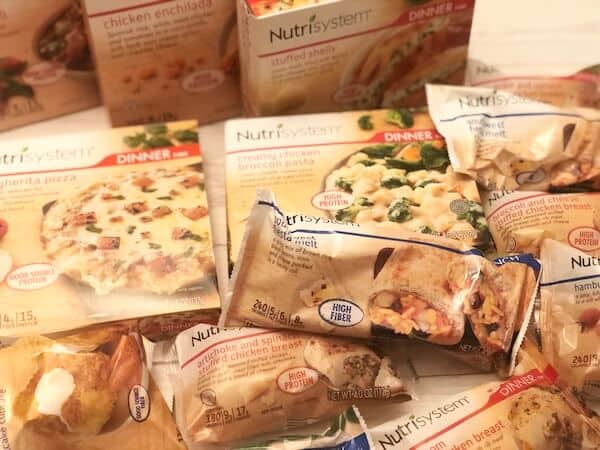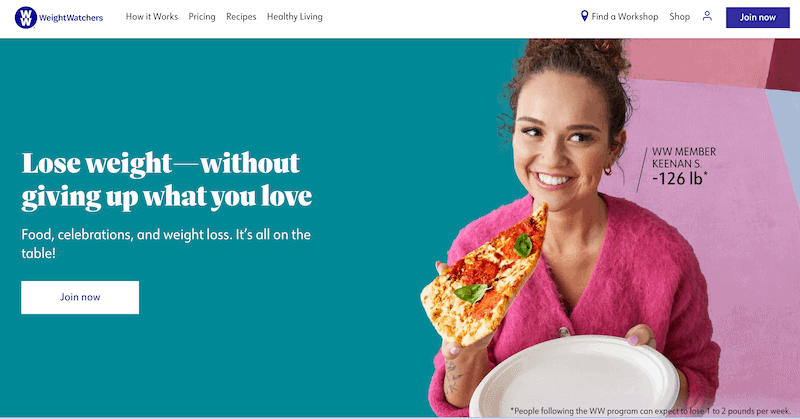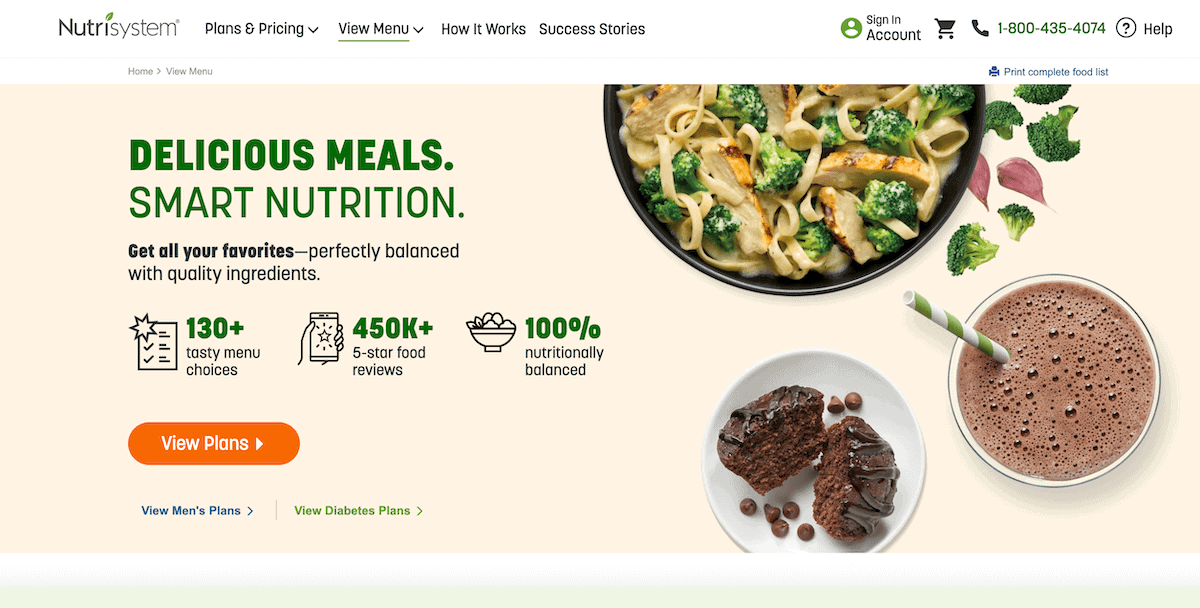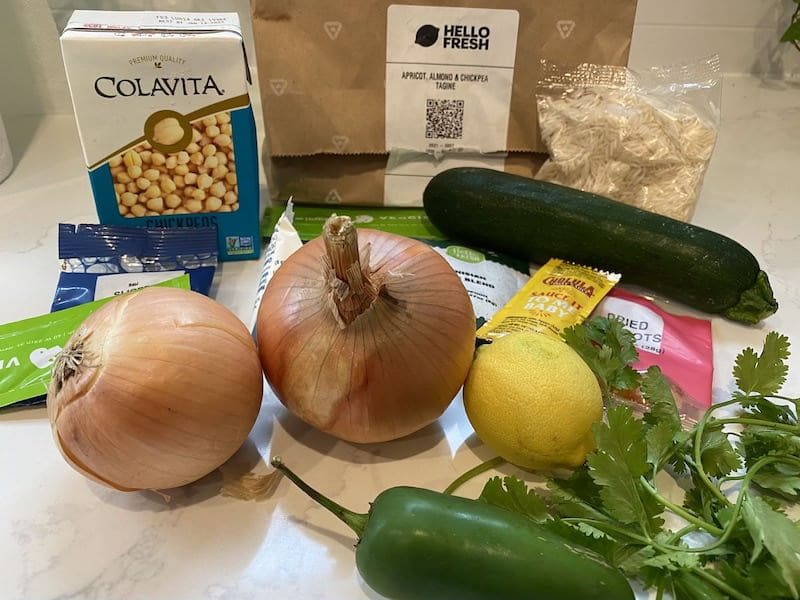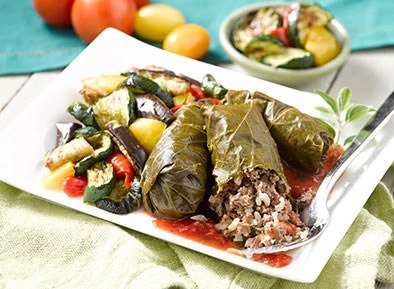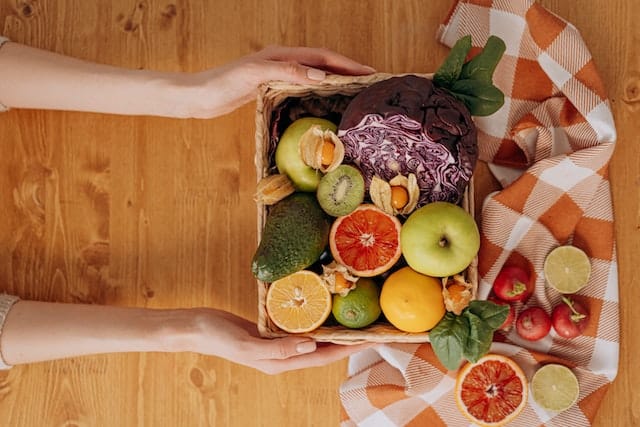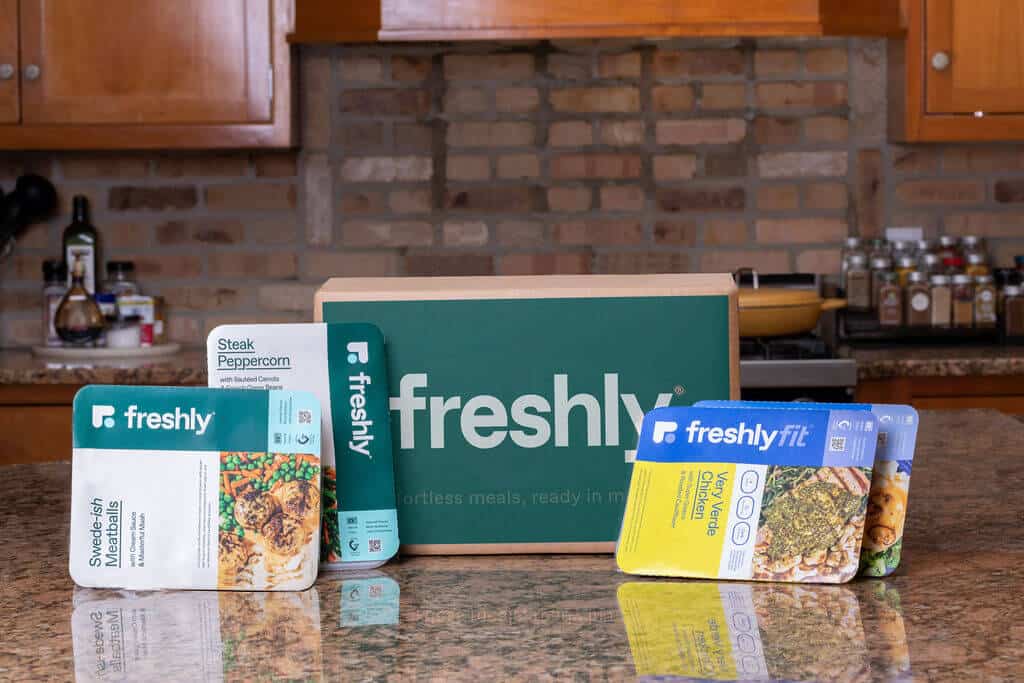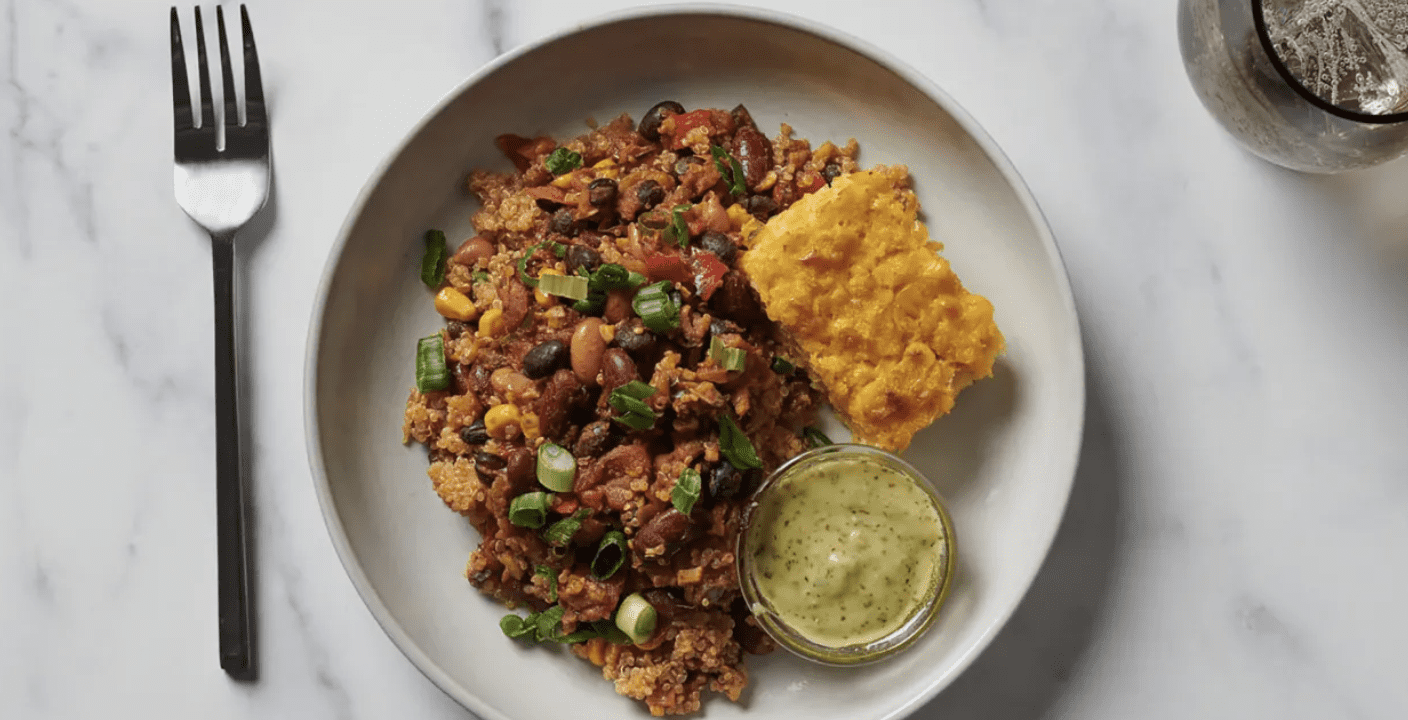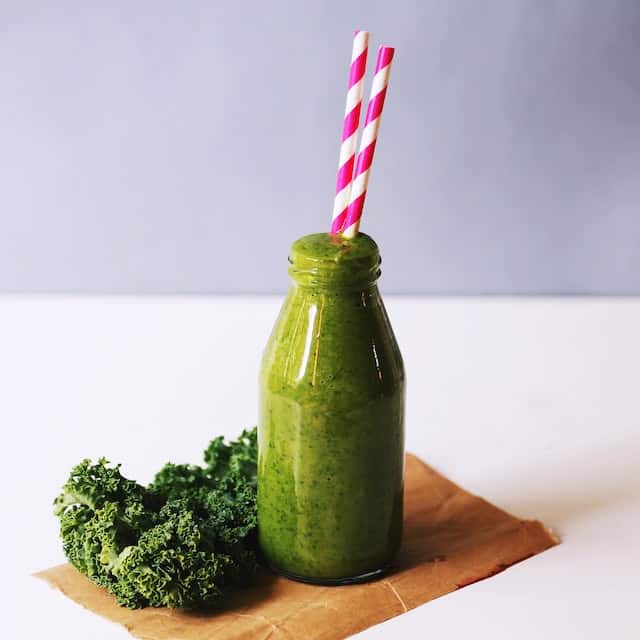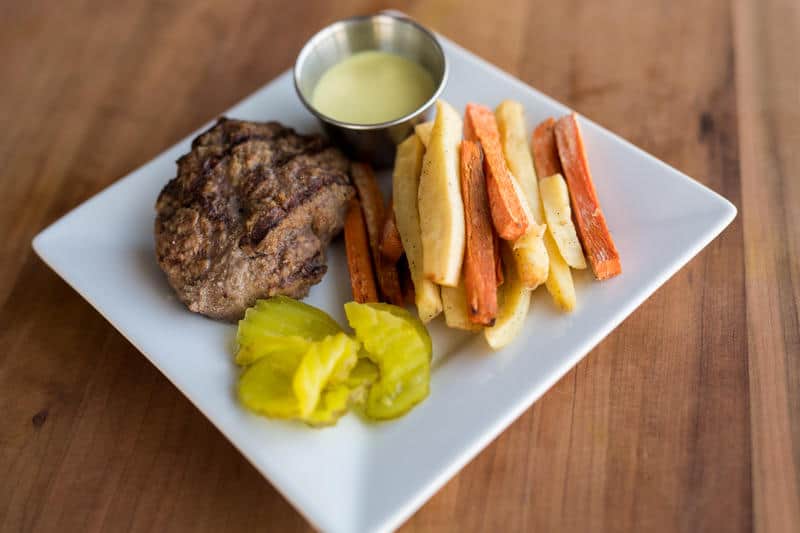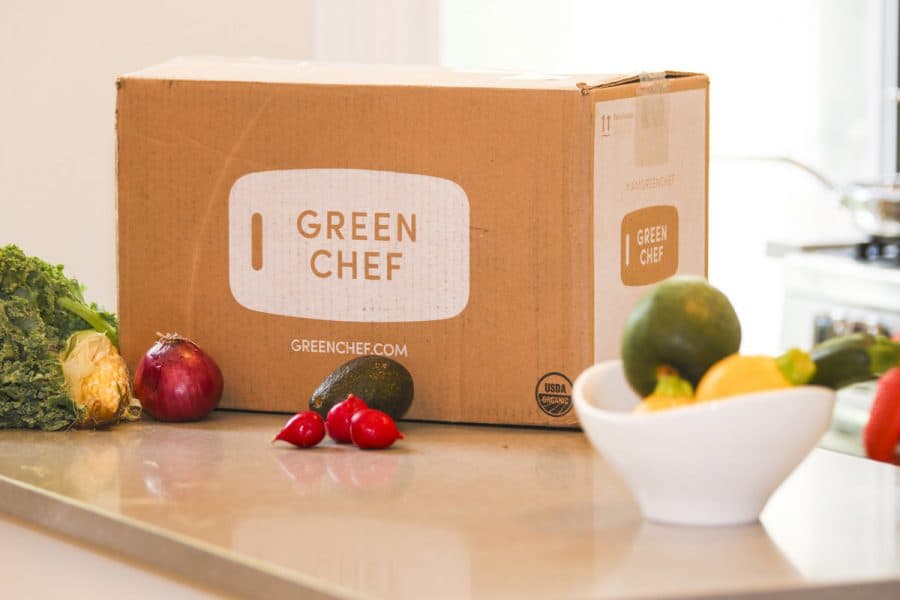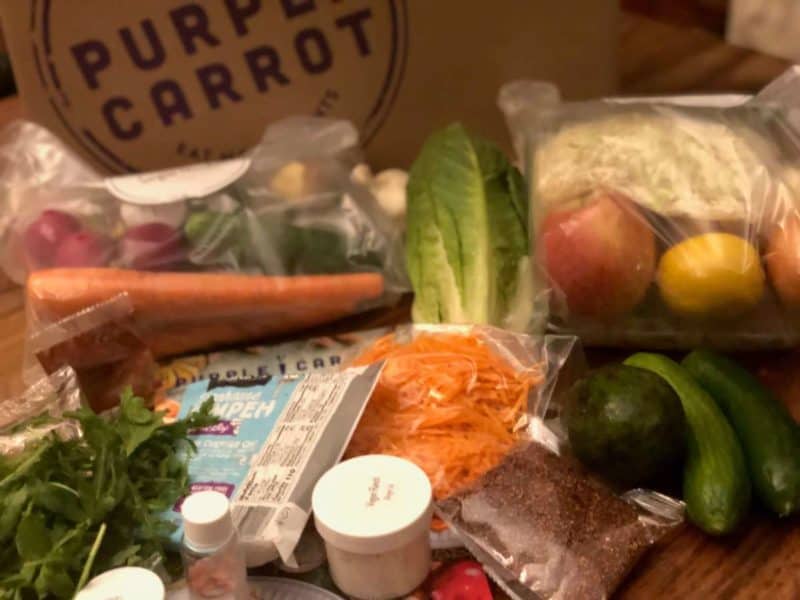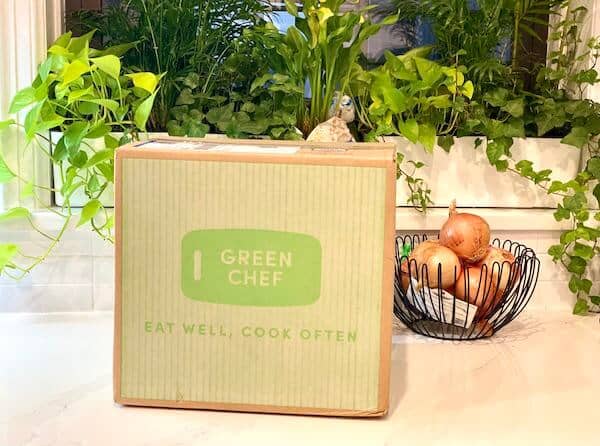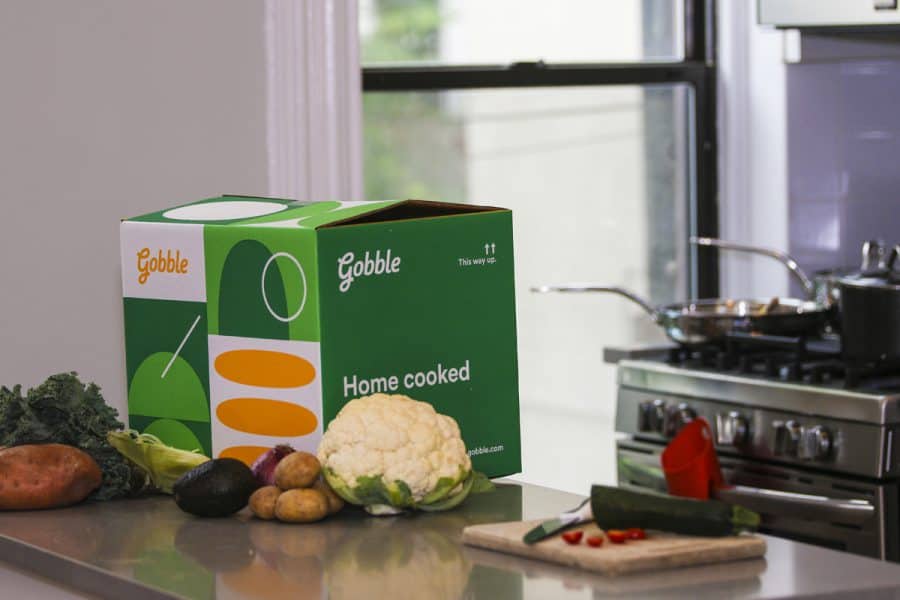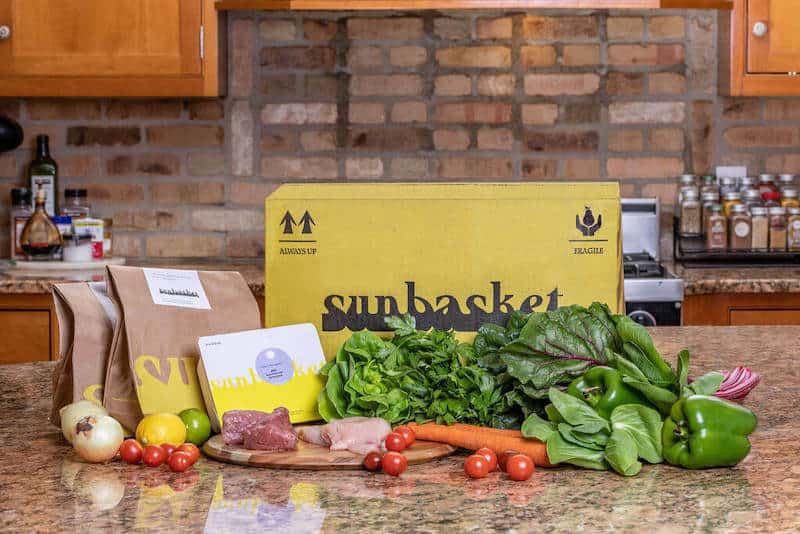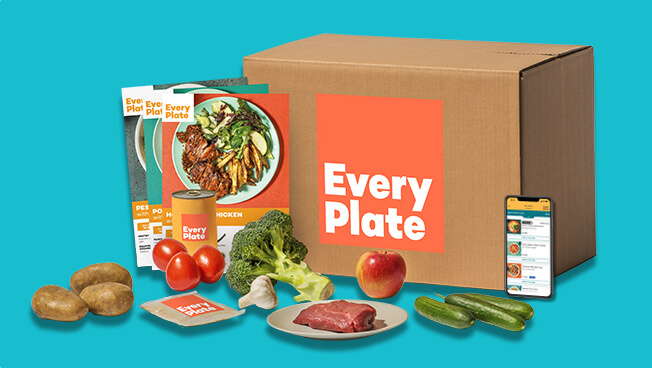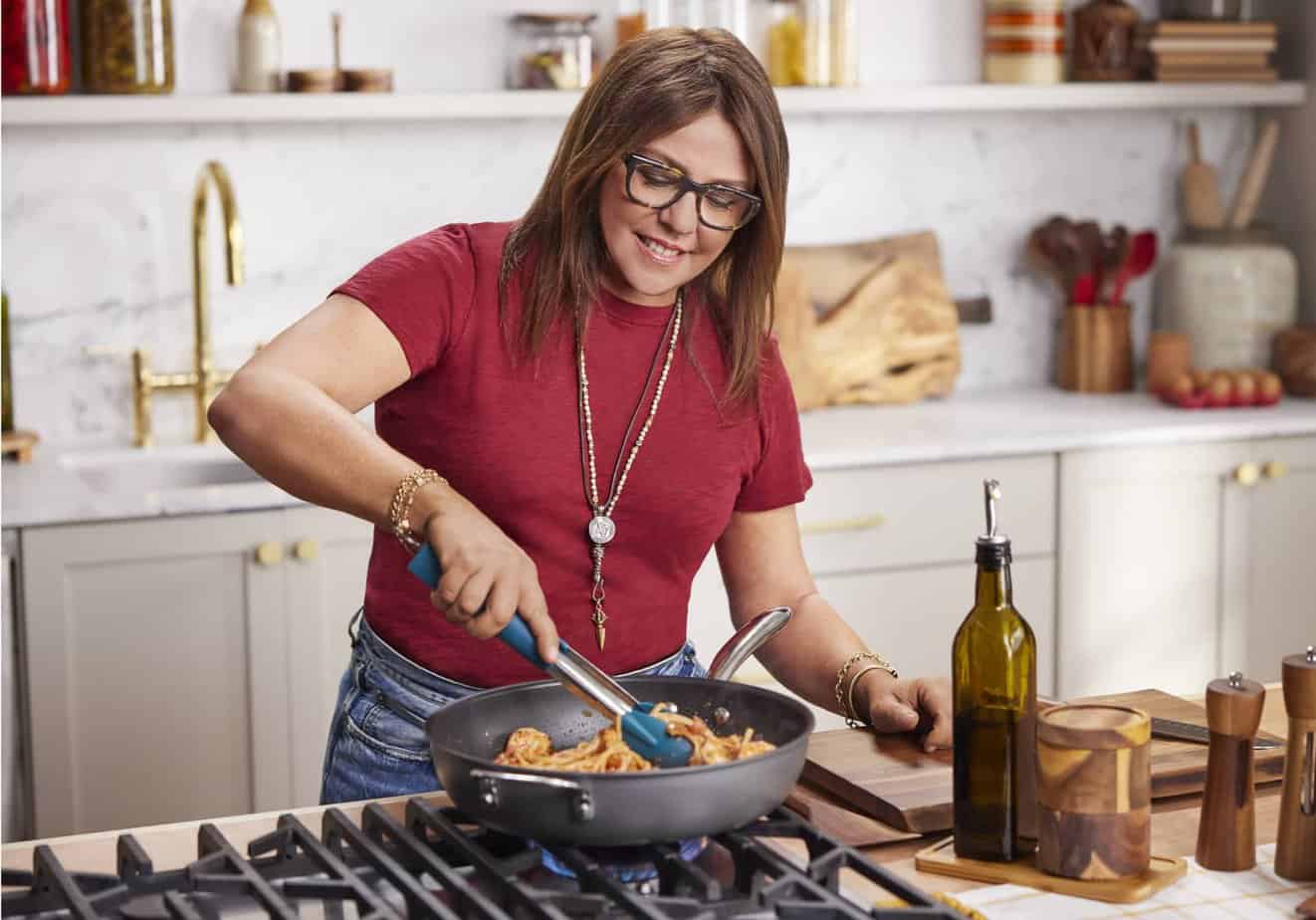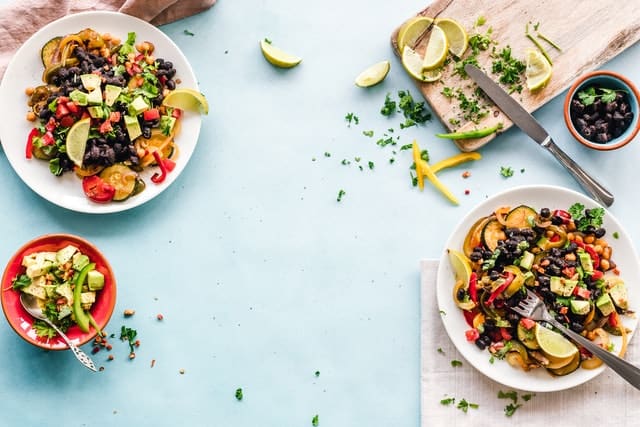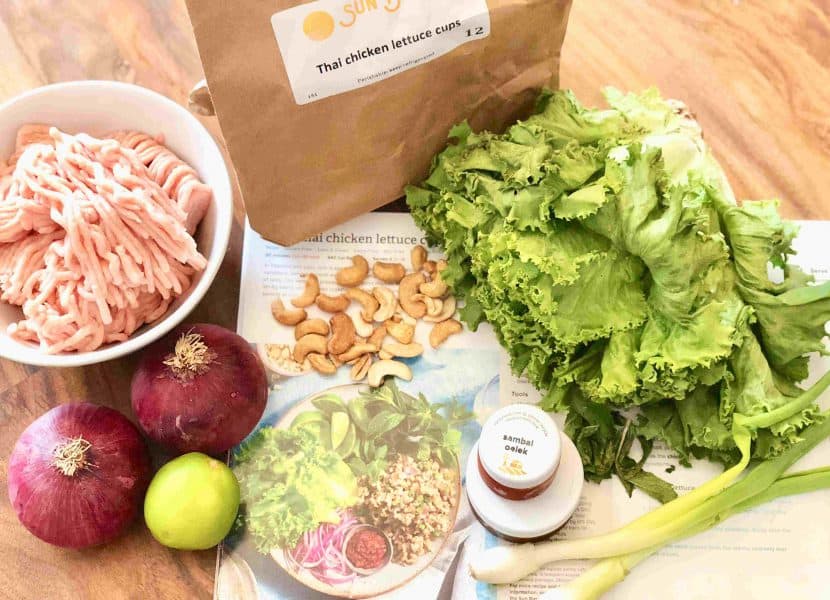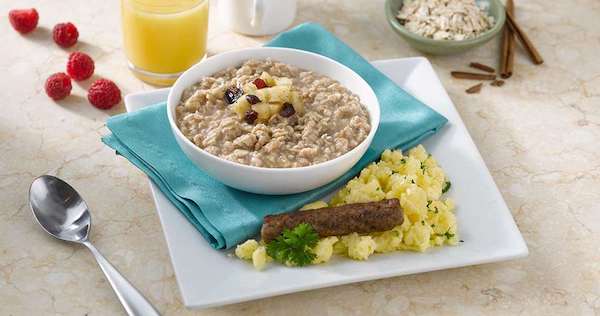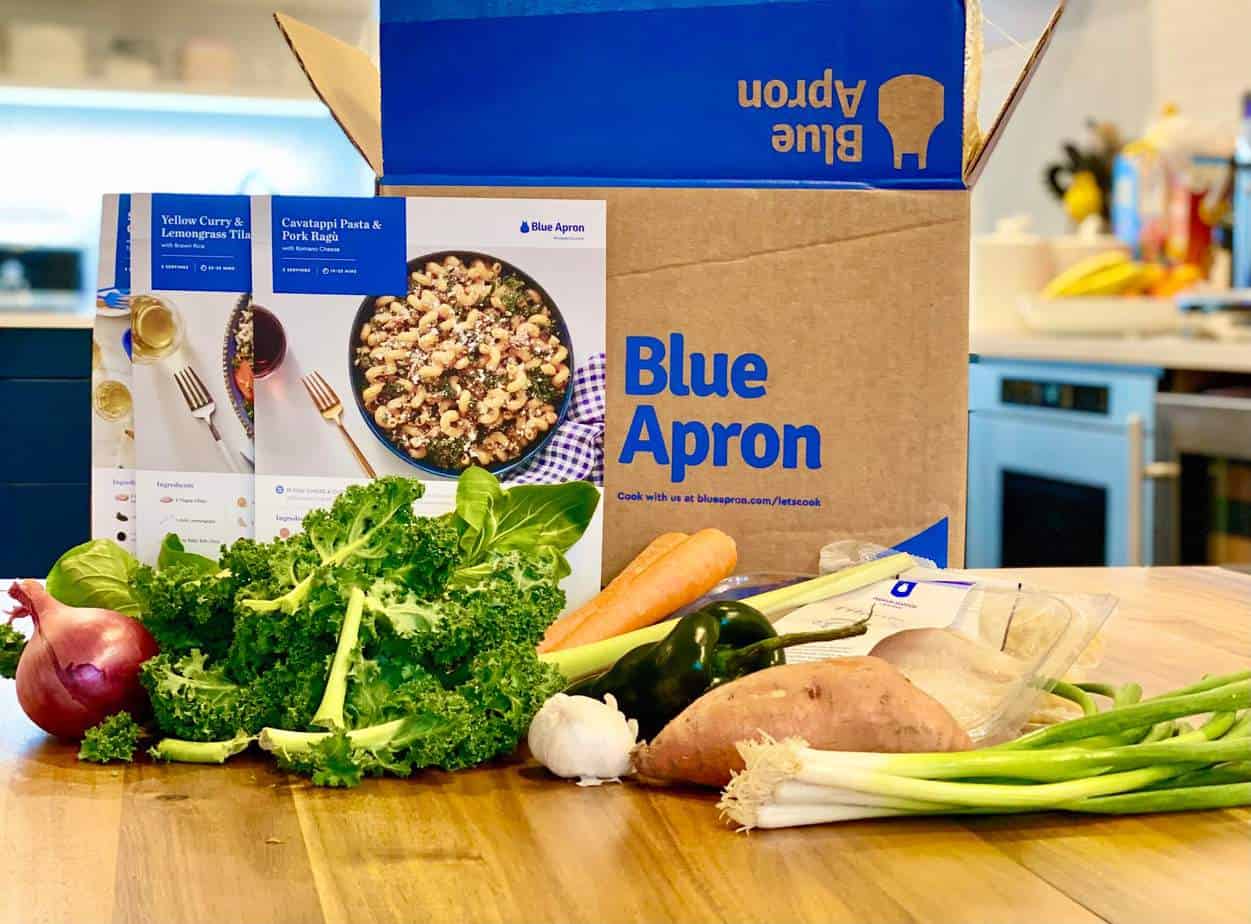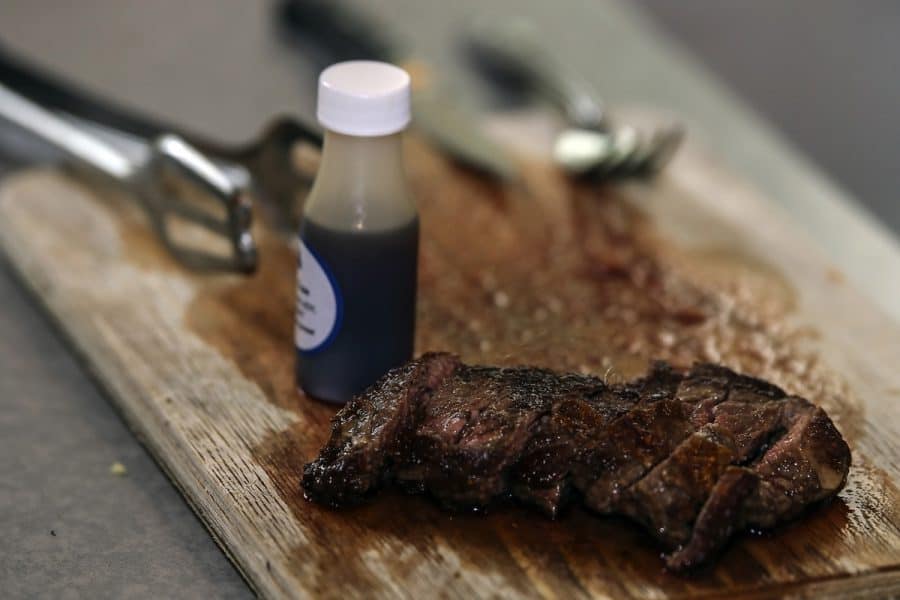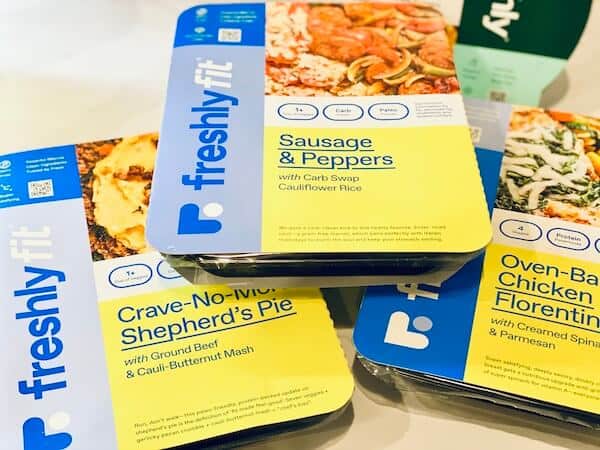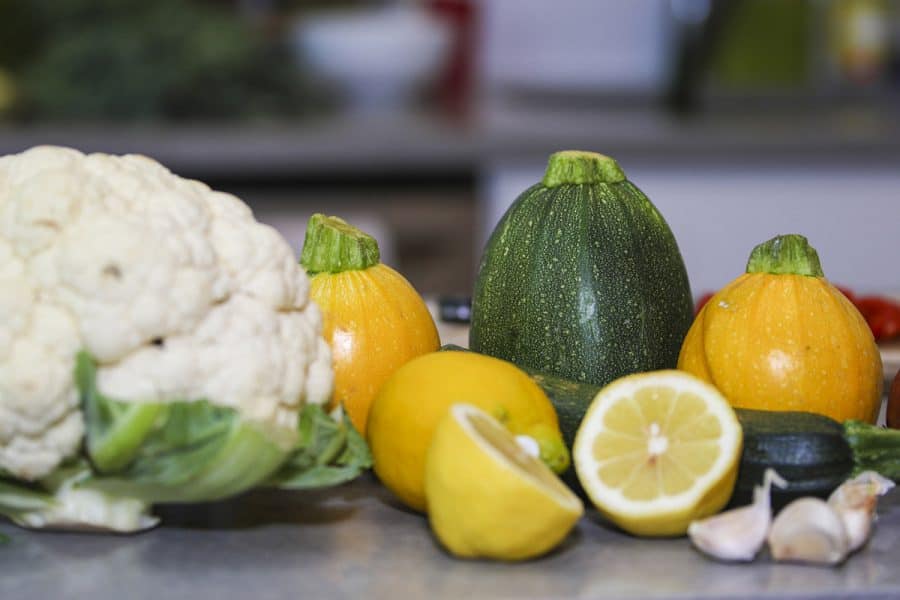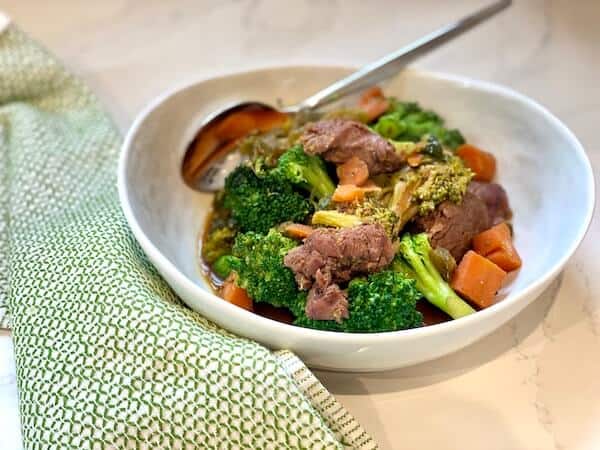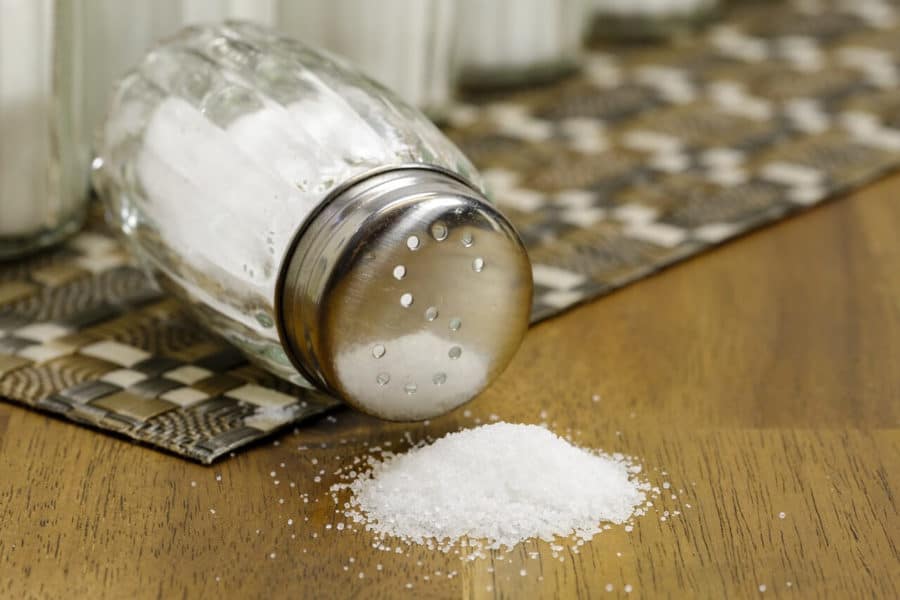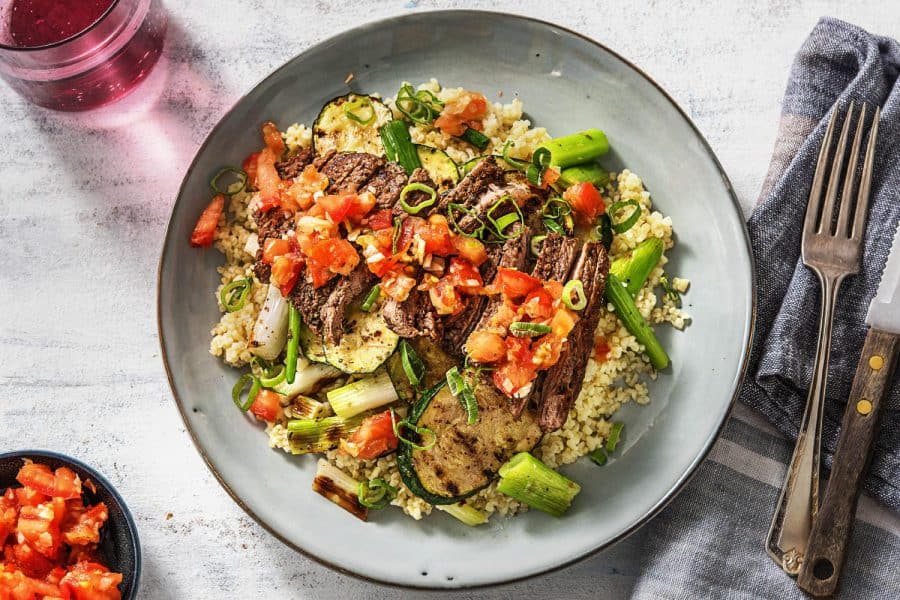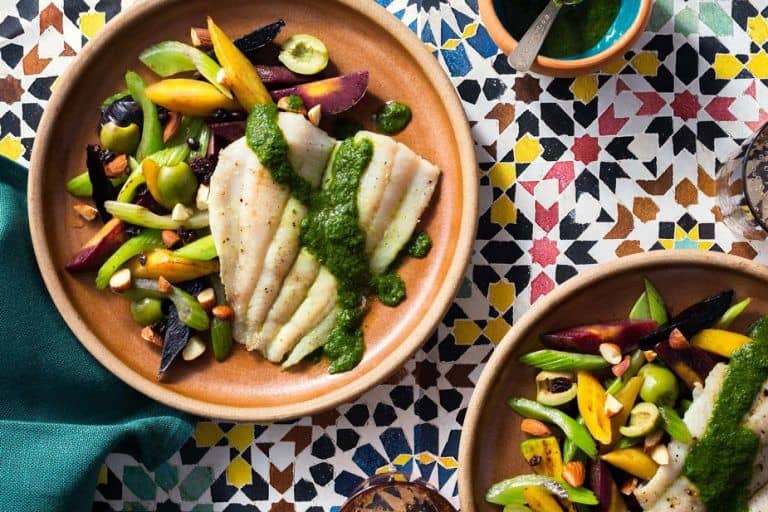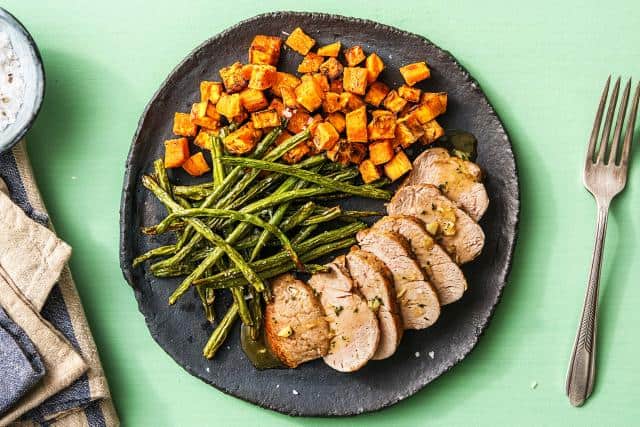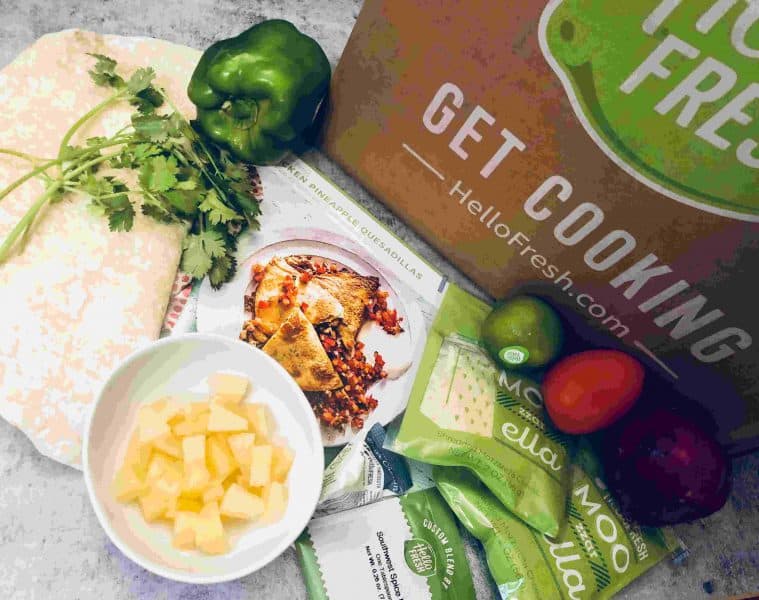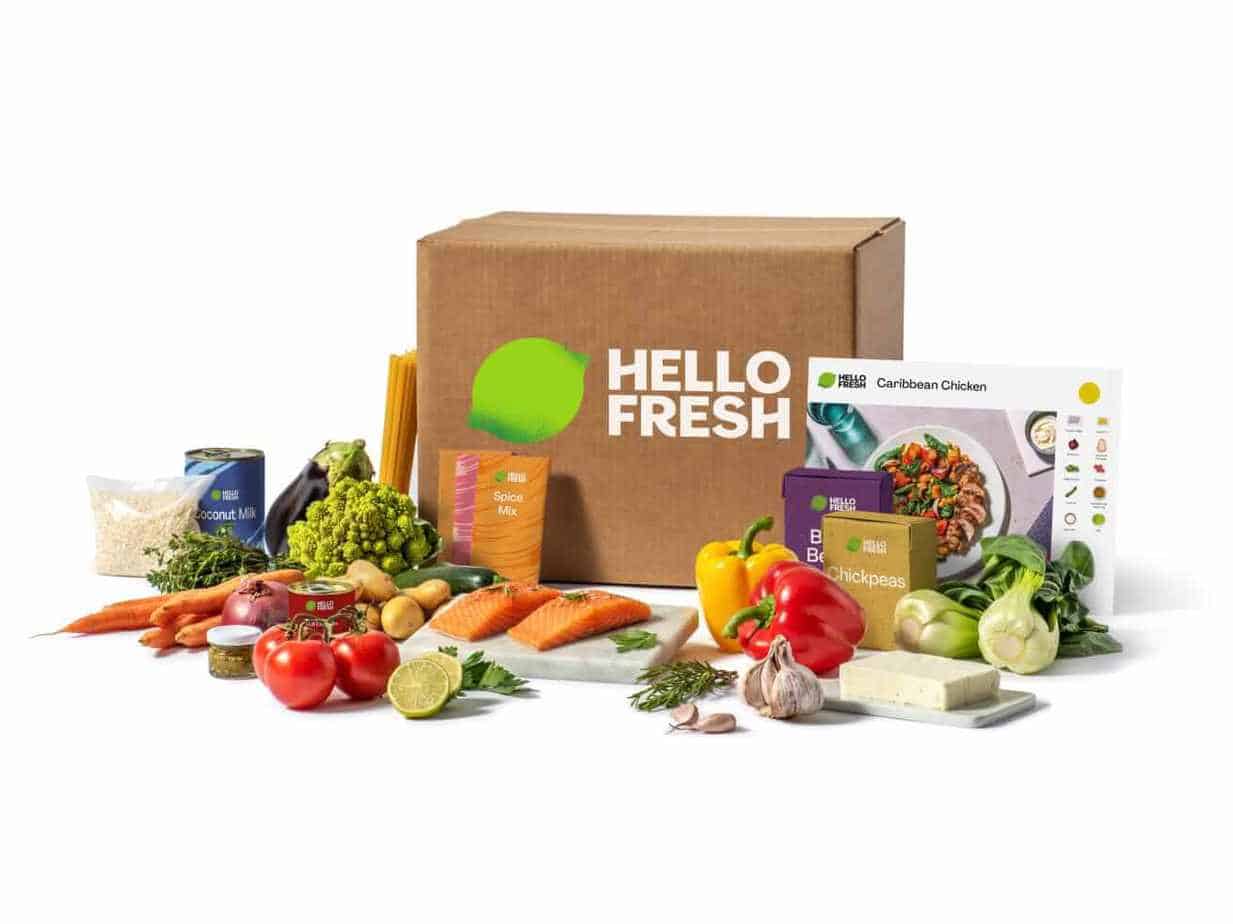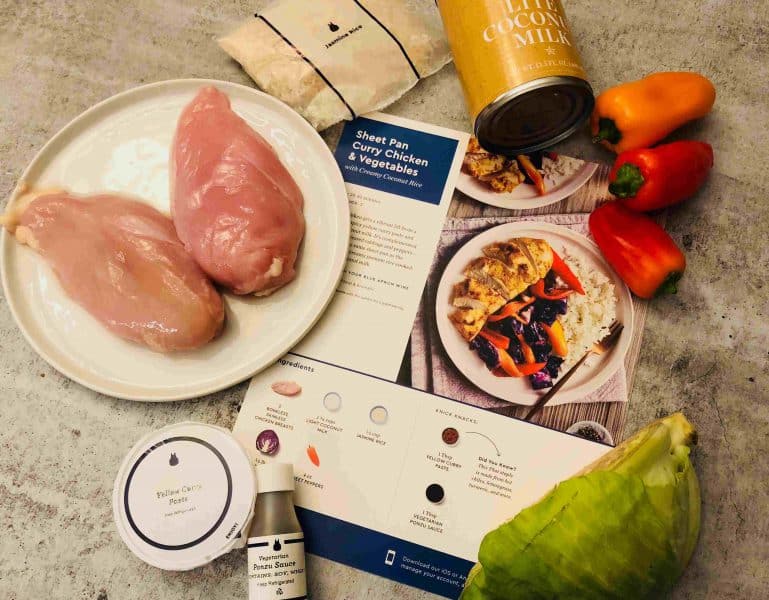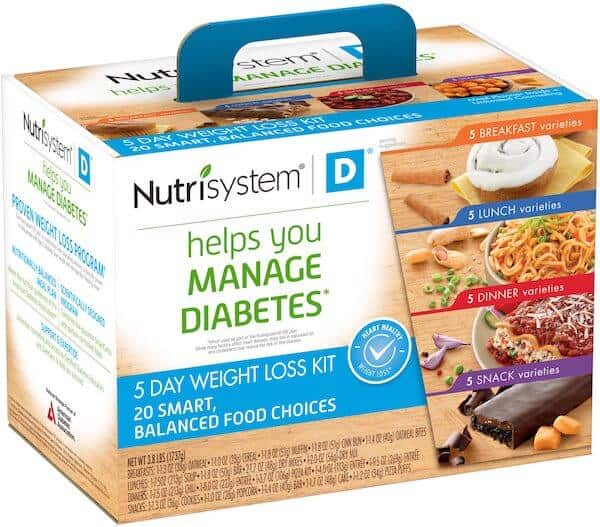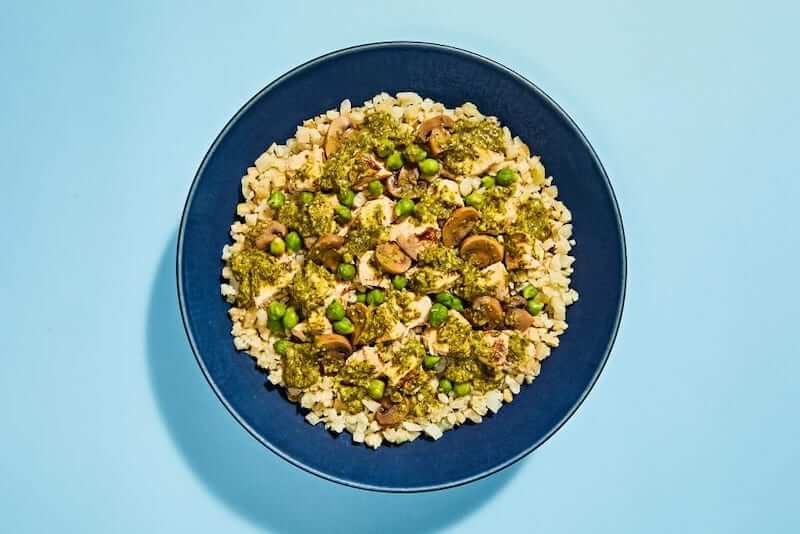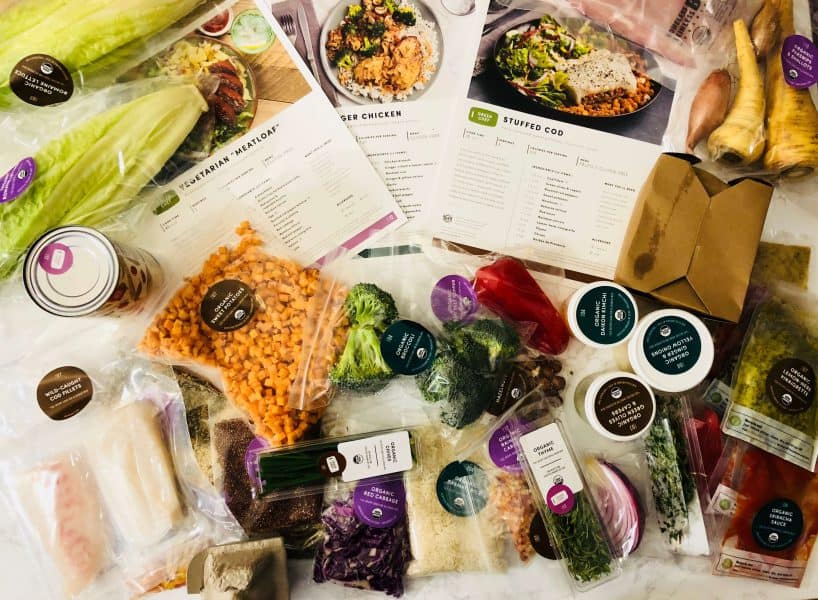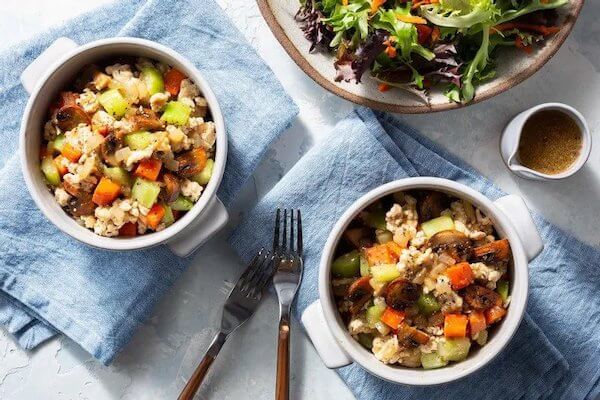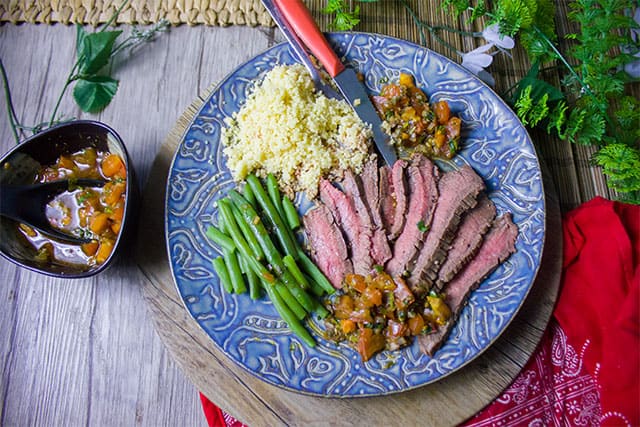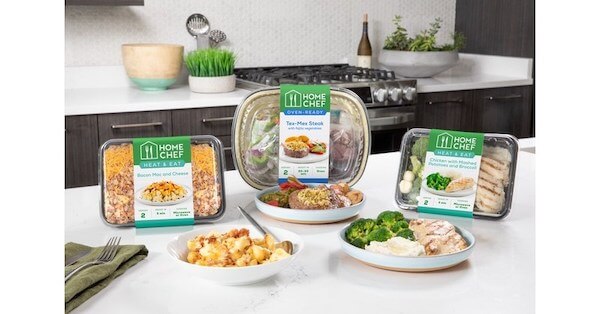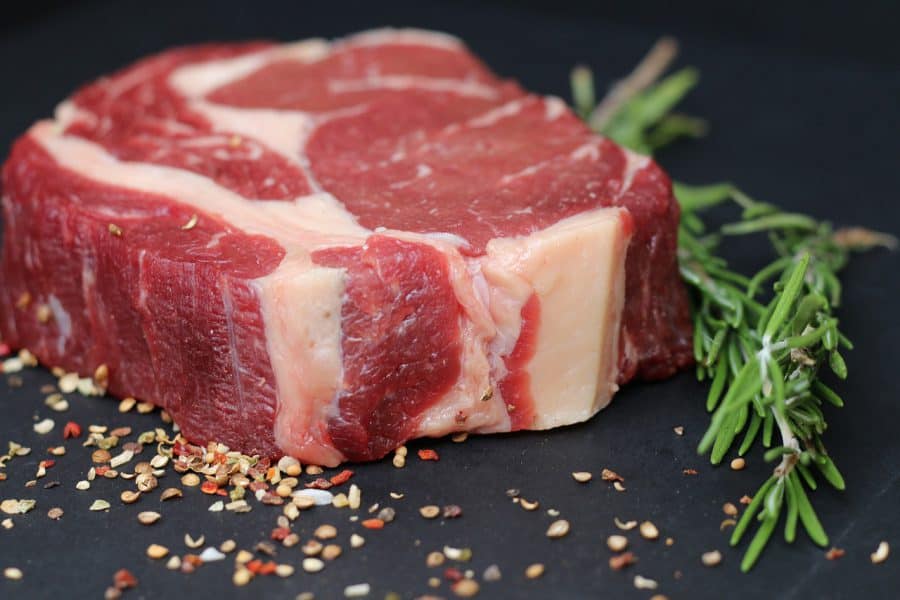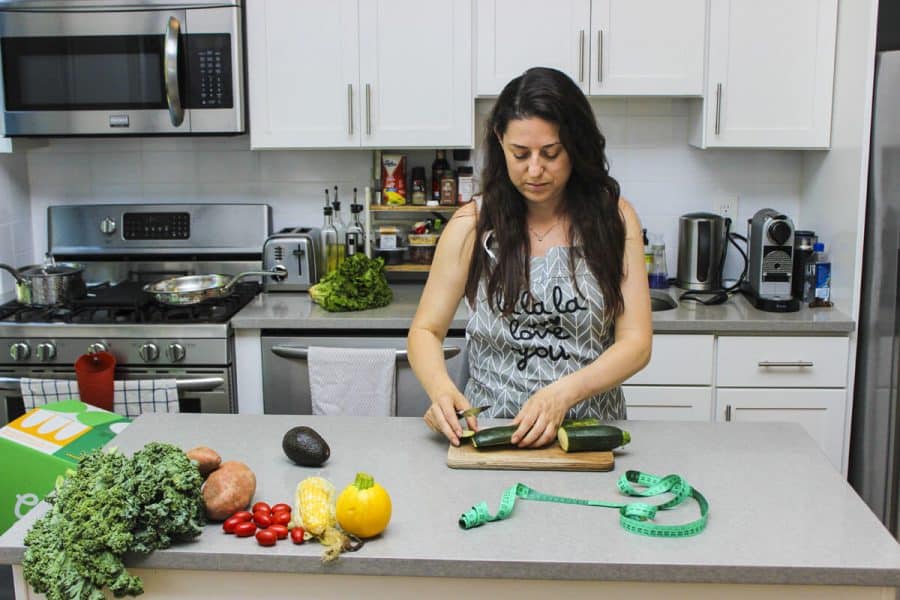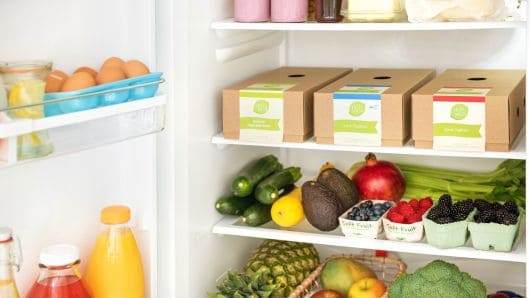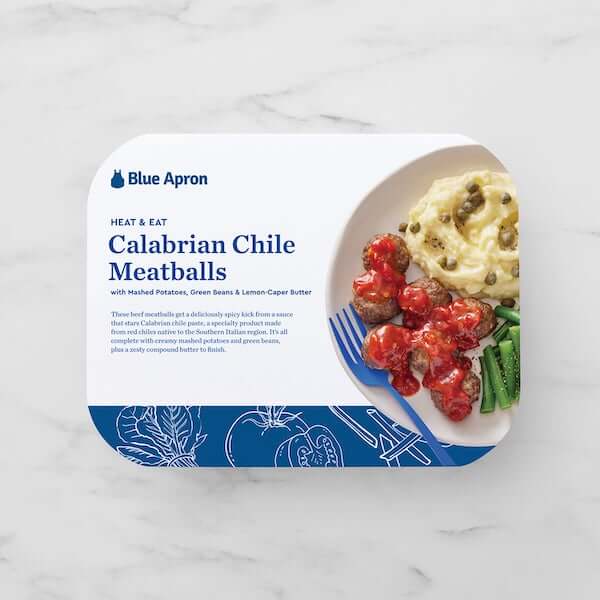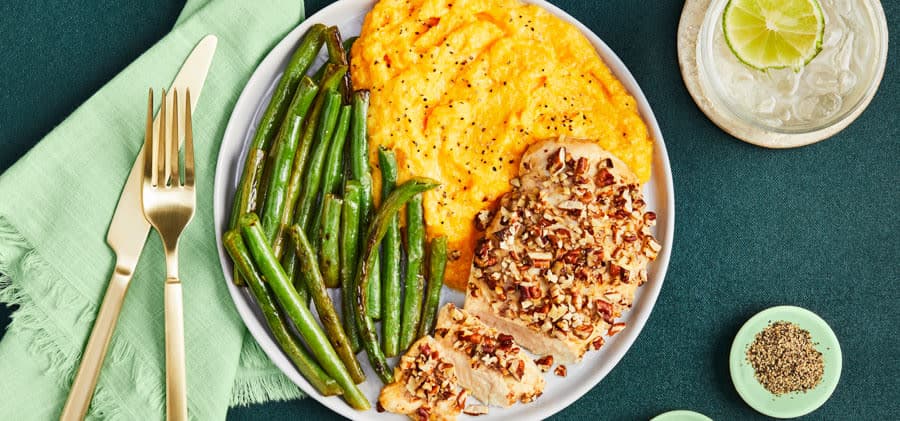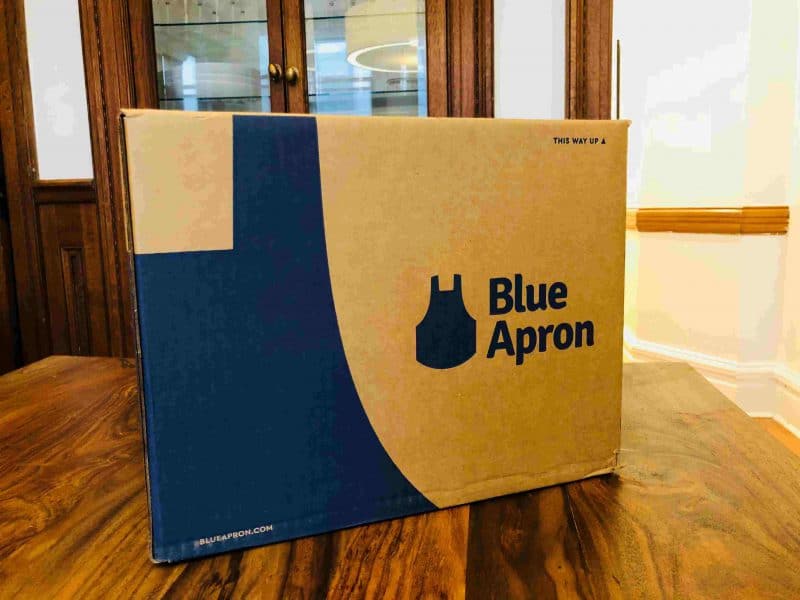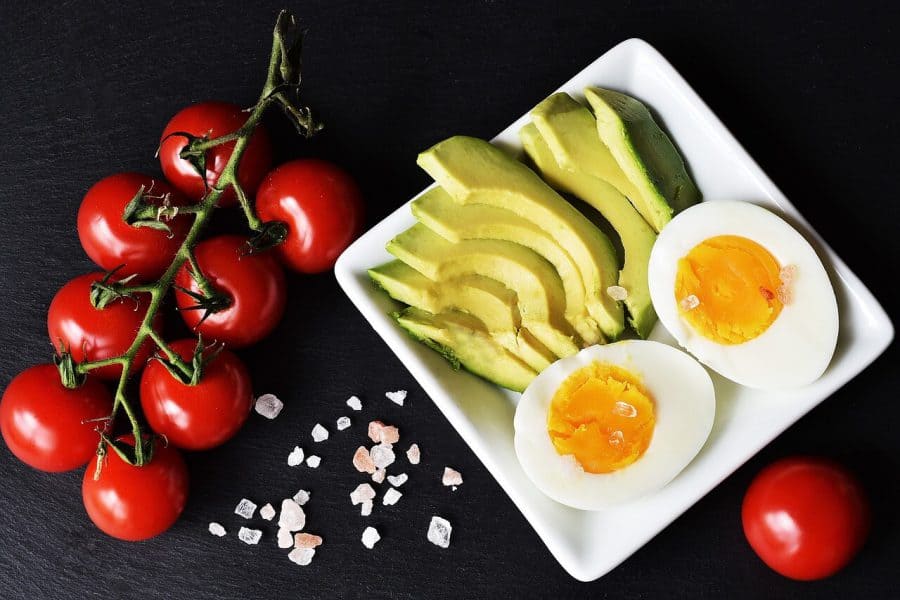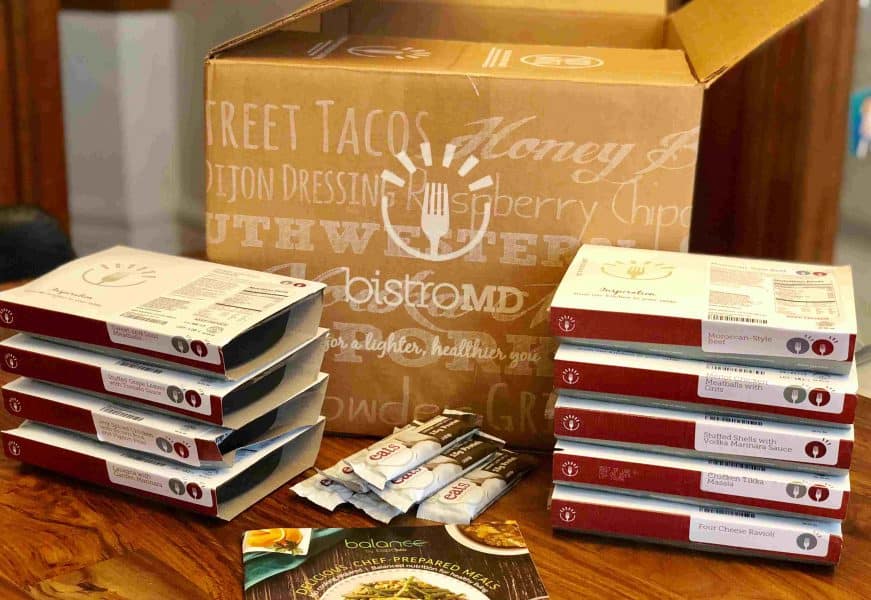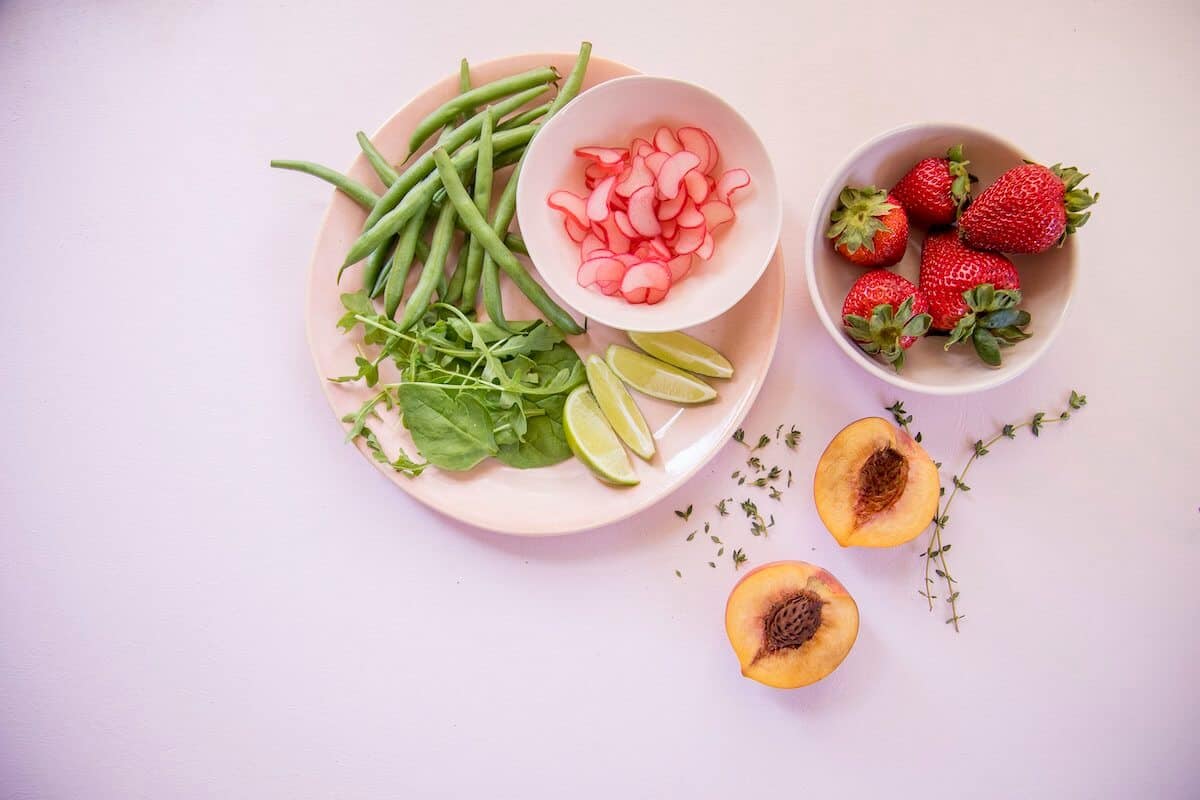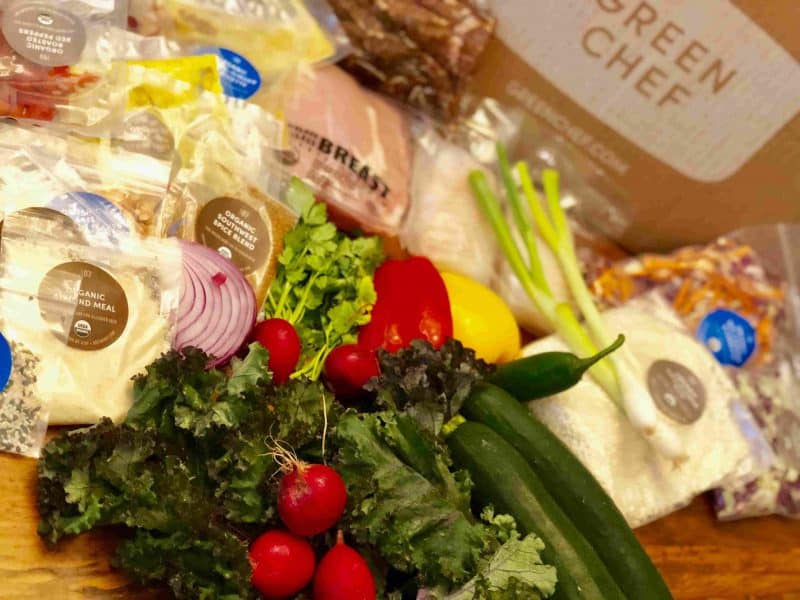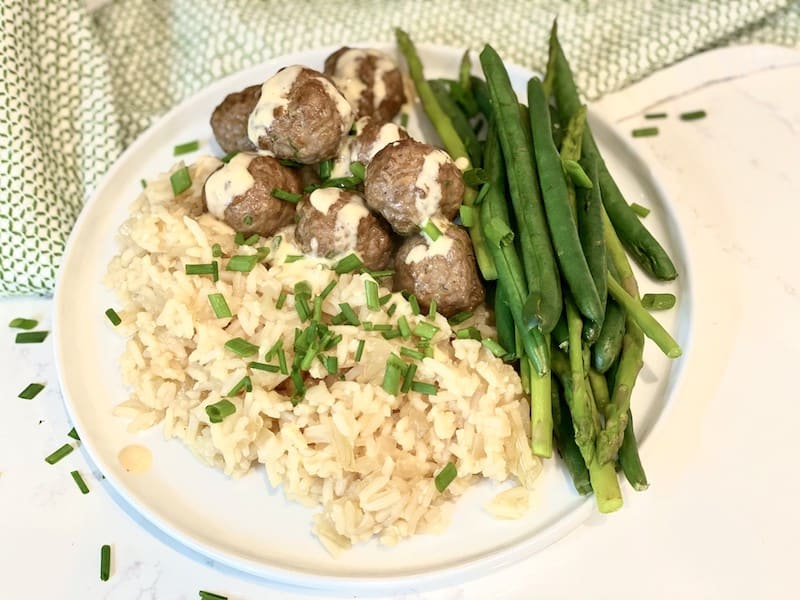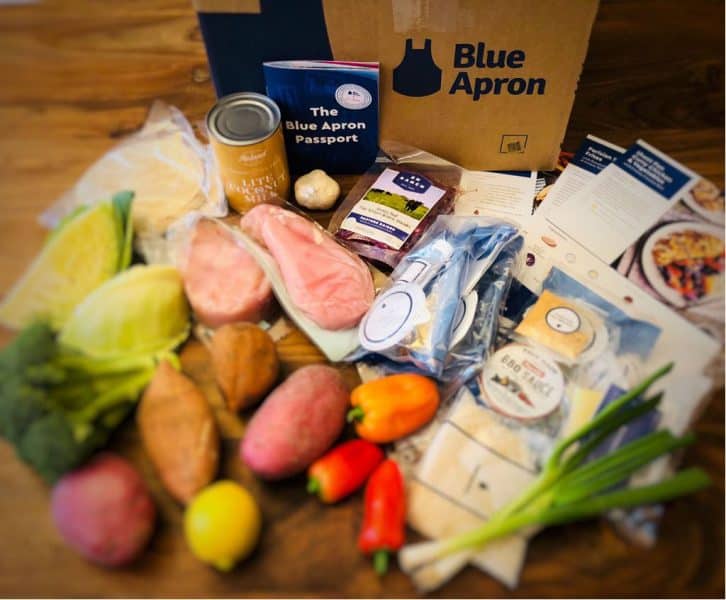As people age, they face different health challenges. One such challenge is maintaining a healthy diet.
Seniors’ diets can be tricky to navigate, as there are benefits and disadvantages to consider.
In this comprehensive guide, we will explore everything you need to know about seniors’ diets. We’ll cover the basics of what it is, the benefits and drawbacks of following a seniors’ diet, and some tips for healthy meal planning.
At the end of this article, you’ll be armed with all the information you need to make an informed decision about whether or not a seniors’ diet is proper for you!
What Is Seniors’ Diet?
As we age, our bodies change, and our nutritional needs do as well. So that’s why seniors need to be aware of what their diet should consist of to maintain good health.
There are a few key things to keep in mind when it comes to seniors’ diets.
First, older adults need fewer calories than when they were younger. This is because our metabolism slows down as we age.
However, even though we need fewer calories, seniors still need to ensure they get enough nutrients.
That’s why it’s essential to focus on eating nutrient-rich foods rather than sugary or fatty foods that offer little in the way of nutrition.
Some of the best nutrient-rich foods for seniors include:
- Fruits and vegetables: these are packed with vitamins, minerals, and antioxidants that are essential for good health.
- Whole grains: whole grains contain fiber, which is vital for digestion and can help lower cholesterol levels.
- Lean protein: Lean protein provides the body with the amino acids it needs to build and repair tissue.
- Healthy fats: healthy fats are important for brain health and can help improve cholesterol levels.
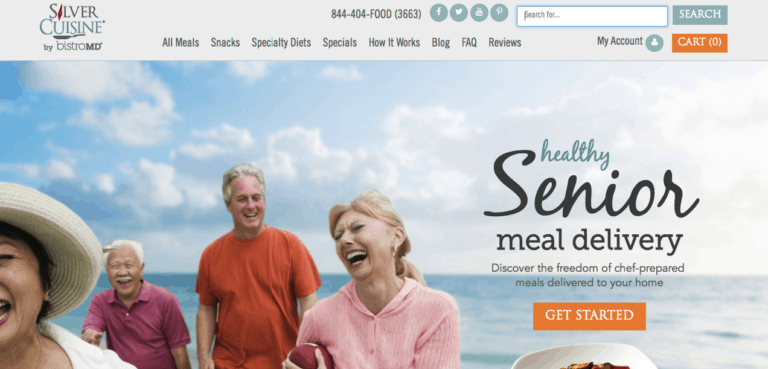
Benefits Of Seniors’ Diet
As we age, our bodies change, and we may not be able to digest certain foods as well as we used to. So that’s why seniors need to eat a healthy diet that is easy to digest and full of nutrients.
A healthy diet can help seniors stay active and independent and reduce the risk of chronic diseases such as heart disease, stroke, and type II diabetes.
There are many benefits to eating a healthy diet as a senior. A healthy diet can help you:
Maintain A Healthy Weight
As we age, our metabolism slows down, and we tend to lose muscle mass. This can lead to weight gain and an increased risk for obesity.
A healthy diet can help seniors maintain a healthy weight and avoid the health problems associated with being overweight or obese.
Stay Active And Independent
As we age, it’s essential to stay active and independent. A healthy diet can help seniors maintain strength, energy, and mobility.
Seniors who eat a nutritious diet are less likely to experience age-related problems such as frailty, falls, and fractures.
They’re also more likely to have a more robust immune system, better cognitive function, and a lower risk of depression.
Reduce The Risk Of Chronic Diseases
The benefits of a seniors’ diet don’t stop at reducing the risk of chronic diseases. A healthy diet can also help to improve cognitive function, reduce the risk of falls and fractures, and improve mental health.
A well-balanced diet is vital to maintaining good health as we age. As we age, our bodies become less efficient at absorbing nutrients from food.
This means that we need to be more careful about the foods we eat and ensure that we get the right balance of nutrients.
Boost Your Mood And Energy Levels
When you’re eating right, you have more energy, and your mood stays consistent throughout the day. So you don’t get the highs and lows that come with an unhealthy diet.
With a nutritious diet, you can maintain a healthy weight, enjoy lower blood pressure and cholesterol levels, and reduce your risk of developing diabetes.
Improve Your Digestion
This type of diet includes foods that are easy to digest and can help promote regularity. Fiber-rich fruits and vegetables, as well as whole grains, are a vital part of a seniors’ diet.
These foods can help add bulk to your stool, making it easier to pass.
Probiotic-rich foods like yogurt and sauerkraut can also help promote a healthy digestive system.
Promote Healthy Skin And Hair
As we age, our skin and hair can become dry, brittle, and less vibrant. A healthy diet for seniors can help to promote healthy skin and hair.
Foods rich in antioxidants, like berries, can help protect the skin from damage caused by free radicals.
Omega-fatty acids found in fish and nuts can help keep hair strong and healthy. And, of course, staying hydrated by drinking plenty of water is essential for skin and hair health.
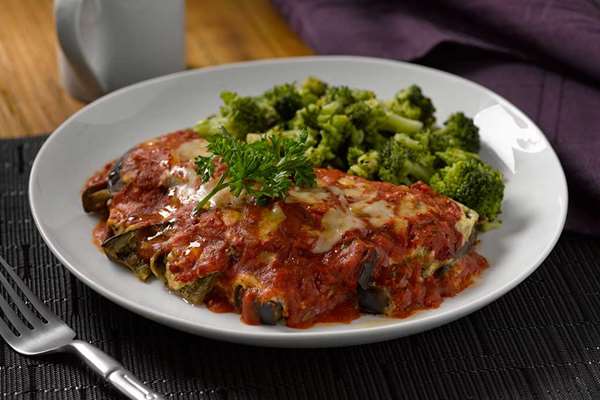
Disadvantages Of Seniors’ Diet
As we age, our bodies change, and our nutritional needs change as well. While a healthy diet is essential for everyone, seniors have different dietary needs than younger adults. Here are some of the disadvantages of following a seniors’ diet.
One disadvantage of a seniors’ diet is that it can be tedious. Many seniors’ diets consist of the same few foods, which can get boring after a while. That is where, in our opinion, meal delivery services can help! You get divers meal planing with delicious meals that change every week.
Check out some of the best meal kits for seniors here >>
Another disadvantage is that a seniors’ diet can be expensive. For example, senior-specific foods can be more expensive than regular grocery store items.
Finally, a seniors’ diet can be challenging to follow if you are not used to eating healthy food. For example, if you are used to eating junk food, switching to a healthier diet can be hard.
Healthy Meal Planning: Tips for Older Adults
Eating a nutritious diet is one of the best ways to maintain good health as you age. But cooking for one can be challenging, and eating out all the time can get expensive.
Meal planning is a great way to ensure you’re eating healthy, delicious meals without spending hours in the kitchen or breaking the bank.
Here are some tips to get you started:
- Start with a list. Make a list of all the meals you want to eat in a week. This can be as simple as jotting down breakfast, lunch, and dinner ideas, or you can get more specific and include recipes.
- Make a grocery list. Once you have your meal plan, make a grocery list of all the ingredients you’ll need. Be sure to check your pantry and fridge first, so you don’t buy things you already have.
- Prepare ahead of time. If you can, cook some meals or do food prep on the weekends, so you have less to do during the week. This could mean cooking a big batch of soup or roasting a bunch of vegetables.
- Get creative with leftovers. Don’t let perfectly good food go to waste! For example, if you have leftover cooked chicken, you can use it in a salad, wrap, or pasta dish.
- Think outside the traditional “three meals a day” model. If you’re not that hungry or don’t have time to cook a big meal, consider eating smaller meals more often throughout the day.
- Invest in some kitchen gadgets. If you hate cooking, there are lots of helpful kitchen gadgets that can make meal prep easier. A slow cooker or Instant Pot can be a lifesaver, or you could get an air fryer or veggie spiralizer if you’re into healthy cooking.
- Take advantage of delivery and takeout options. For example, if cooking is not your thing, there are plenty of meal delivery and takeout options that can help you eat healthy without all the hassle.
Conclusion
When it comes to seniors’ diet, there are many benefits and disadvantages to consider.
Ultimately, it is up to the individual to decide whether or not this type of diet is right for them.
If you are considering a seniors’ diet, be sure to speak with your doctor first to ensure that it is safe for you. Additionally, healthy meal planning is key to ensuring you get the nutrients you need.


